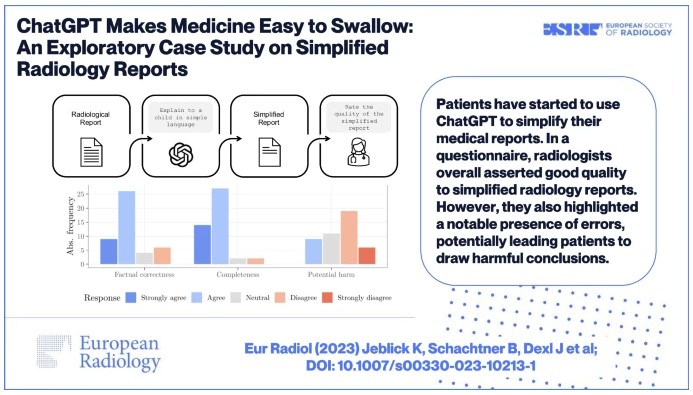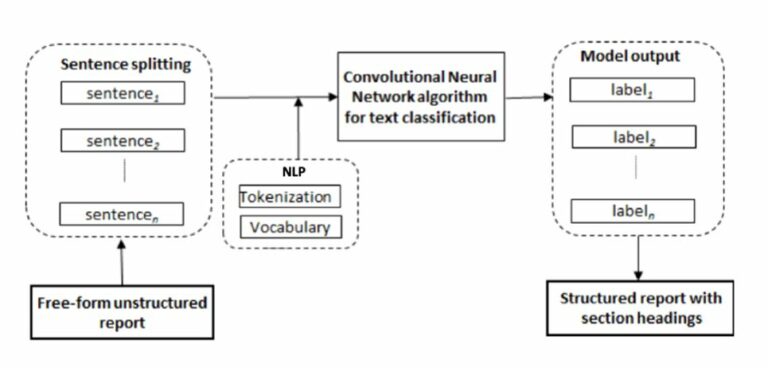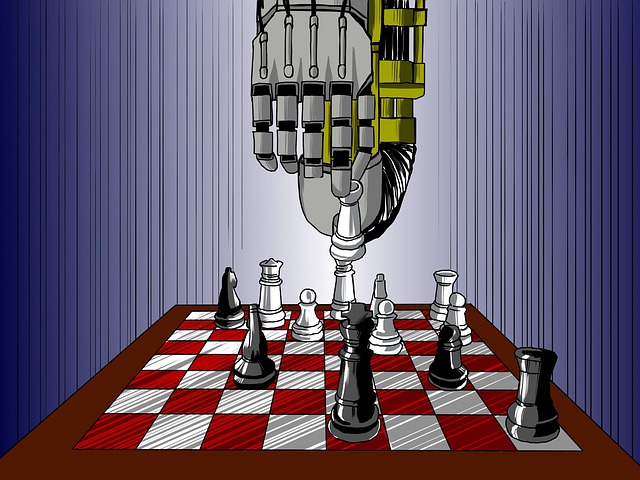
Unleashing the power of data in radiology: A look ahead
Peering into the future of radiology, we find ourselves at an exciting crossroads. The past year has seen language-based foundation models disrupt the status quo, offering a tantalising glimpse into new possibilities for data accessibility. Yet we still face a huge challenge: a wealth of valuable data remains locked away in free-text reports. But what if we could unlock this














